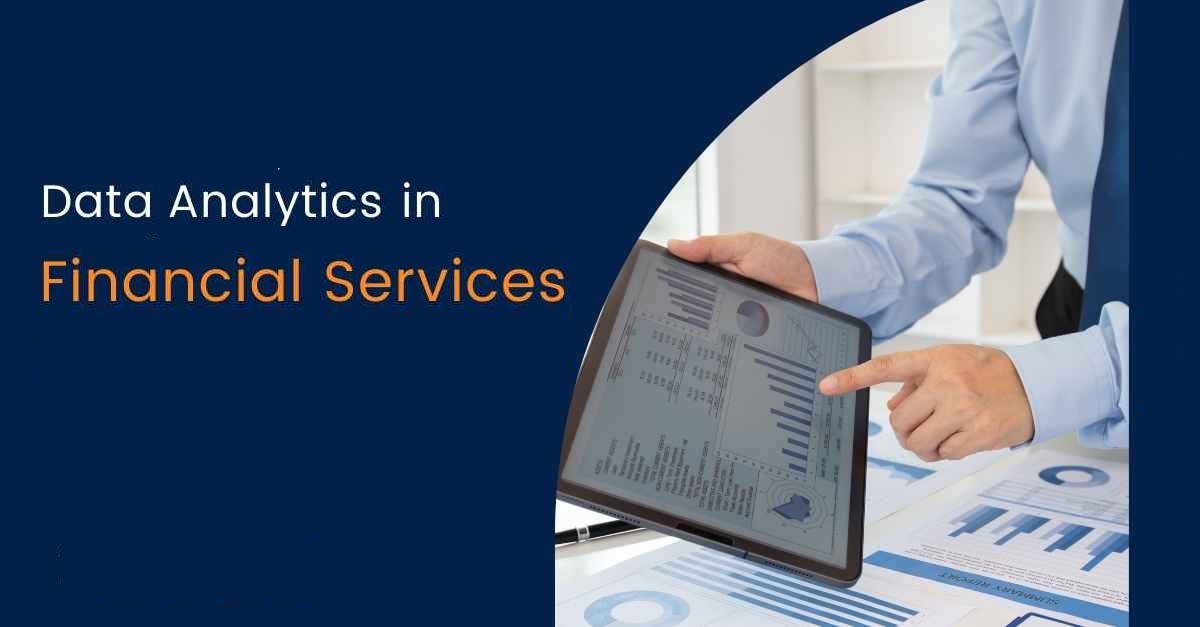Style Sampler
Layout Style
Search News Posts
Genel Sorular 850-244-11-22
•
Destek 850-244-11-22
Sermaye Pİyasası Araçları
Data analytics has revolutionized the field of capital-market instruments. Capital-market instruments include financial assets such as stocks, bonds, derivatives, and other investment products that are traded on public exchanges. These markets are highly complex and dynamic, and data analytics has become an essential tool for investors, traders, and financial institutions to navigate these markets.
Data analytics involves the use of statistical and mathematical algorithms to analyze large sets of data. In the field of capital-market instruments, data analytics is used to gain insights into market trends, identify potential investment opportunities, and manage risk.
One of the primary uses of data analytics in capital-market instruments is to analyze market trends. This involves collecting and analyzing data on various market indicators such as price, volume, volatility, and liquidity. By analyzing these data sets, investors and traders can gain insights into market trends and make informed investment decisions.
For example, data analytics can be used to identify patterns in stock prices or bond yields that indicate a potential trend reversal or market correction. This information can be used to adjust investment portfolios or make strategic trades to take advantage of market trends.
Another important application of data analytics in capital-market instruments is risk management. Financial institutions use data analytics to manage risk by analyzing data on factors such as credit risk, market risk, and operational risk. By identifying potential risks and analyzing the potential impact on investment portfolios, financial institutions can make informed decisions on risk management strategies.
For example, data analytics can be used to analyze credit risk by examining the creditworthiness of borrowers and the likelihood of default. Financial institutions can use this information to adjust credit policies and pricing strategies to mitigate risk.
Data analytics is also used in the development of investment products such as exchange-traded funds (ETFs) and mutual funds. These products are designed to track specific market indices or investment strategies, and data analytics is used to optimize the performance of these products.
For example, data analytics can be used to analyze historical market data to identify the optimal asset allocation for a particular investment strategy. This information can be used to design an ETF or mutual fund that closely tracks the performance of the underlying index or investment strategy.
In conclusion, data analytics has become an essential tool in the field of capital-market instruments. It is used to analyze market trends, manage risk, and develop investment products. As these markets continue to evolve and become more complex, data analytics will continue to play a crucial role in helping investors and financial institutions navigate these markets and make informed investment decisions.

Here are a few case studies that illustrate the application of data analytics in the field of capital-market instruments:
Renaissance Technologies is a hedge fund that has become famous for its use of data analytics and machine learning in its trading strategies. The firm uses quantitative analysis to identify patterns in financial data and make trades based on those patterns.
For example, Renaissance's Medallion Fund uses a variety of quantitative strategies to identify market inefficiencies and generate returns. The fund uses data analytics to analyze market data and identify patterns that suggest mispricings in the market.
According to reports, the Medallion Fund has generated average annual returns of around 40% over the past several decades, making it one of the most successful hedge funds of all time.
Goldman Sachs is one of the largest investment banks in the world and uses data analytics extensively in its risk management practices. The firm uses data analytics to analyze a wide range of data sources, including market data, credit data, and operational data.
For example, Goldman Sachs uses data analytics to analyze counterparty risk in its derivatives trading business. By analyzing data on counterparty creditworthiness, the firm can manage its exposure to potential losses in the event of a counterparty default.
Goldman Sachs also uses data analytics to identify potential operational risks, such as IT system failures or fraud. By analyzing operational data, the firm can identify potential risks and take steps to mitigate them before they become a problem.
BlackRock is one of the world's largest asset management firms and uses data analytics extensively in the development of its investment products. The firm uses data analytics to identify market trends, optimize investment strategies, and design new investment products.
For example, BlackRock's iShares division offers a wide range of ETFs that are designed to track specific market indices or investment strategies. The firm uses data analytics to identify the optimal asset allocation for each ETF, based on historical market data and other factors.
BlackRock also uses data analytics to develop custom investment solutions for institutional clients. By analyzing client data and market trends, the firm can design investment strategies that are tailored to each client's unique needs and objectives.
Overall, these case studies demonstrate the wide range of applications for data analytics in the field of capital-market instruments. From quantitative trading to risk management and investment product development, data analytics has become an essential tool for investors, traders, and financial institutions alike.
Are you looking to create a lasting impact with your data analytics? Contact us to create them in hours.